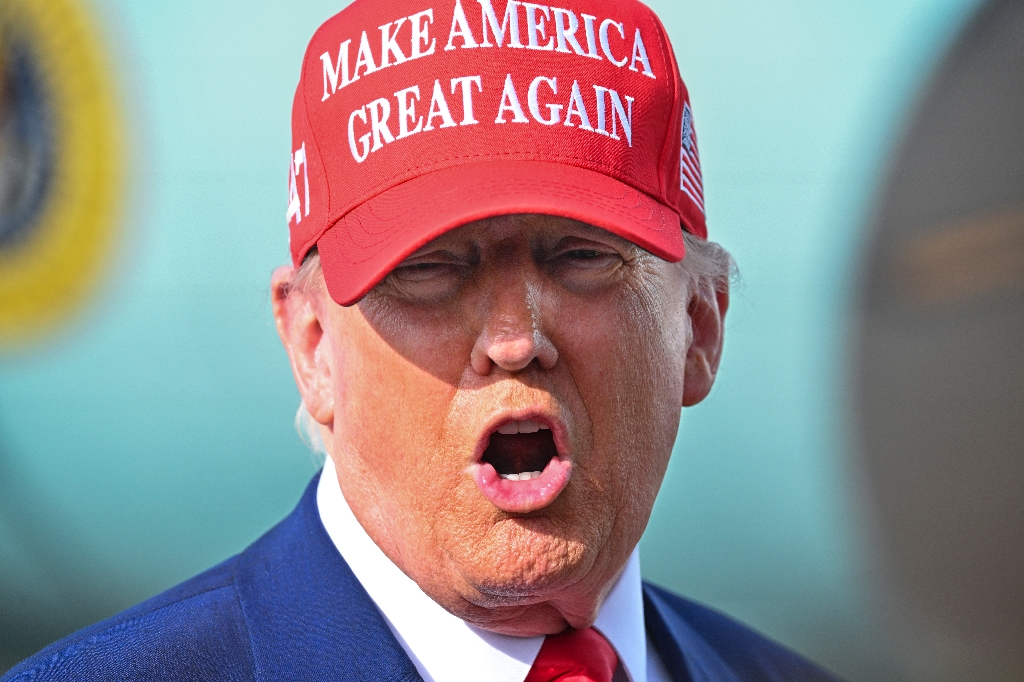President Joe Biden is set to issue an executive order Wednesday aimed at limiting the flow of sensitive US personal data abroad amid concerns of misuse by countries including China.
Biden will direct the Justice Department to issue rules protecting Americans’ information such as genetic, biometric and geolocation data from “access and exploitation by countries of concern,” said the White House.
These countries could include China, Russia, North Korea and Iran.
“The sale of Americans’ data raises significant privacy, counterintelligence, blackmail risks and other national security risks — especially for those in the military or national security community,” the White House said.
It added that countries of concern could also seek to collect information on activists, journalists, dissidents and political figures to intimidate opponents and curb dissent.
Biden will direct the Justice Department to work with Homeland Security in preventing foreign adversaries from accessing citizens’ data through commercial means, including information available via investment and employment ties.
But these moves should not stop the flow of information needed for financial services activities or aim to decouple US economic, scientific and trade relationships with other countries, the White House said.
– ‘Unintended consequences’ –
“Hostile foreign powers are weaponizing bulk data and the power of artificial intelligence to target Americans,” said Assistant Attorney General Matthew Olsen.
Olsen, of the department’s national security division, added that the announcement “fills a key gap in our national security authorities.”
But The Software Alliance (BSA), a lobby for major data cloud companies, warned that the executive order “may produce significant unintended consequences,” to the extent that it covers a wide range of legitimate commercial and research activity.
“Policymakers worldwide should exercise caution before introducing restrictions that could have a wide-ranging impact across different industries,” said the grouping’s senior vice president of global policy, Aaron Cooper.
A Chinese Embassy spokesperson said while countries have the right to protect citizens’ personal data, “the relevant measures should be reasonable and well-grounded.”
“They should not be reduced to tools to suppress certain countries and companies,” spokesperson Liu Pengyu added.
– ‘Light-touch’ –
“My understanding is that the program here is intended to be very light-touch, and they have very specific carve-outs that are intended explicitly not to impede legitimate commerce,” said Emily Benson, senior fellow at the Center for Strategic and International Studies.
She added that there is a “philosophical, moral question” of whether companies want to be facilitating trade in human genomic data to parties like the Chinese military.
“We don’t currently have a governance tool for the dissolution of a company with a lot of American genomic data” either, Benson told AFP, noting such bulk data could be bought and resold.
For now, it appears the rule has a heavier impact on data brokers, who pull together large amounts of personal information and sell them.
The order on data transfers is the latest in a series of controls targeting tech sectors.
Biden previously issued an executive order aimed at restricting US investments in sensitive high-tech areas in China, and Washington has also unveiled restrictions on the export of advanced chips to China.
– Beiyi SEOW
© 2024 AFP




